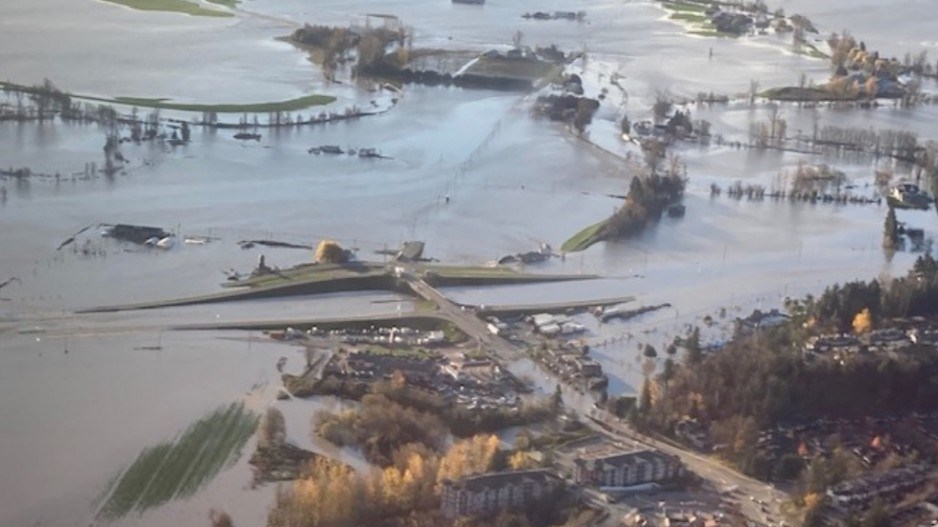Many people ignore the looming threat of climate change, despite the ever-present haze of summer wildfire smoke, and now – just weeks later – flood warnings.
Climate change will undoubtedly upend life as we know it all over the province, but some regions will surely be hit harder than others.
Real estate prices in flood-prone regions will tank. Young families looking to get a foothold in less pricey parts of the province will have to balance their desire for stability with the economic realities of buying into a potentially disaster-prone market. People who live in places like Richmond and Delta already know the flood dangers of living at or below sea level. Ocean levels are predicted to rise, and those who can afford it might seek out higher terrain in places such as North and West Vancouver.
For people living in Metro Vancouver, the board's own projections warn of warming temperatures, waning snowpacks and more extreme rainfalls the rest of the time. In general, Metro Vancouver residents can bet on more extreme weather events in the future as global climate change takes hold.
Whether it’s another extended deadly heat dome or catastrophic flooding after an atmospheric river rainfall event, there’s little that will remain untouched by the destructive hand of climate change. We will, unfortunately, be forced to adapt to more frequent extreme weather events. But what about everyone’s favourite subject, real estate prices in Vancouver B.C.?
Real estate prices in Vancouver
The picture for areas affected by flooding is not pretty. According to Metro Vancouver, there is a problematic trend of increased demand for water as populations increase while snowpacks decrease.
The city says that increased extreme rainfall events will lead to mudslides and erosion, which will impact real estate prices, and affect the drinking water supply.
As well, every city in the province will have to find the money to shore up their drainage and sewer systems, as projections indicate that more intense storm activity will “put significant pressure” on regional infrastructure. If they fail to do so, they can expect to get sued by people who lose their livelihoods in flood events that were either predictable or preventable or both.
Devastating flooding and heavy rain
This is not speculation, since the City of Abbotsford, the Province of British Columbia and the Fraser Valley Regional District are all facing a lawsuit from residents of Sumas Prairie, which was devastated by flooding and heavy rain in November 2021. The plaintiffs in the class action claim municipal, provincial and regional governments were all aware as far back as 2015 that the dikes in the area weren’t good enough to hold back the swelling waters of the Nooksack River.
It's not only governments that need to fear lawsuits over flooding, either. The logging industry, despite how vital it is to the provincial economy, is also in the legal crosshairs of residents affected by flooding. Two years ago, people living in Grand Forks sued the provincial government and several logging companies, claiming clear cutting in the area caused or contributed to devastating flooding back in 2018.
But the toll on the provincial economy caused by climate change is hard to focus on when the human toll is measured in people losing their homes and livelihoods and, by extension, their futures.
There are still reasons to be optimistic, though. Most cities and towns in British Columbia have plans in place to deal with and adapt to the effects of climate change. This offers a faint light at the end of the tunnel.
With that in mind, new city councillors and mayors across the region should avoid the short-sightedness bred by the short shelf lives of municipal administrations, and continue to tackle the problem head-on. If they fail to do so, they run the risk of that faint tunnel light revealing itself to be a runaway train barrelling towards them and derailing our collective future.
None of these issues are unique to Vancouver. Every city around the world will need to think about how climate change will affect them. If politicians do not take serious action on climate change, real estate prices in places like Richmond will be destroyed.
Alistair Vigier is CEO of ClearWaylaw.com, an online legal marketplace, and is deeply concerned about climate change.




